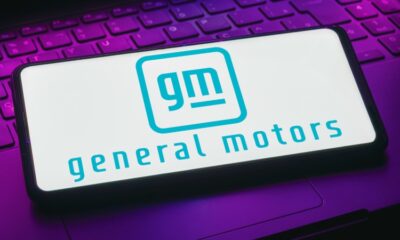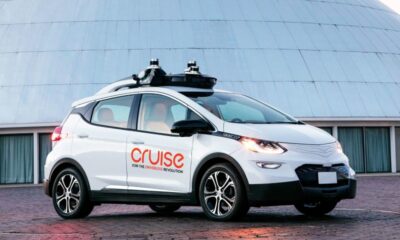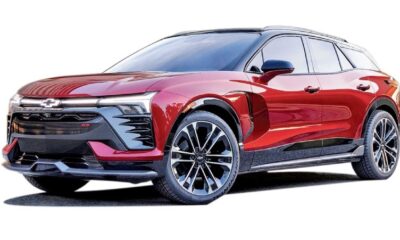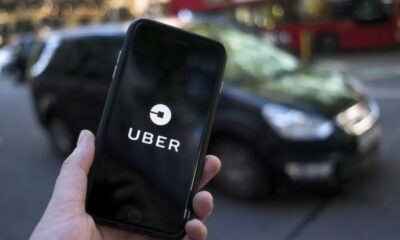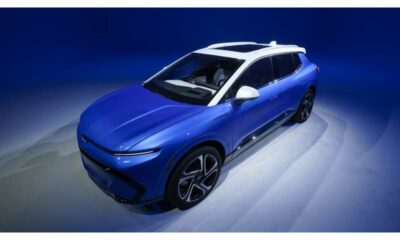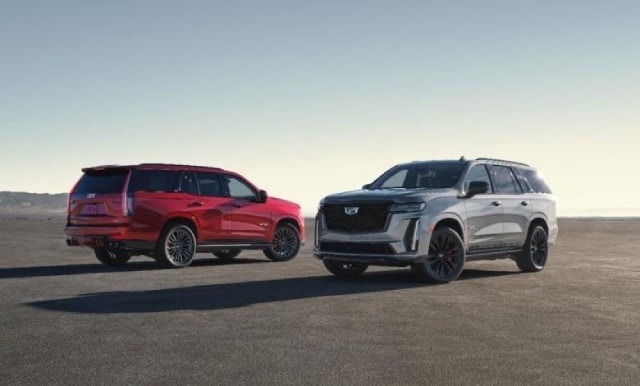Business
General Motors’ Cruise and Uber Technologies Agree to a Multi-year Partnership to Offer Driverless Rides Next Year
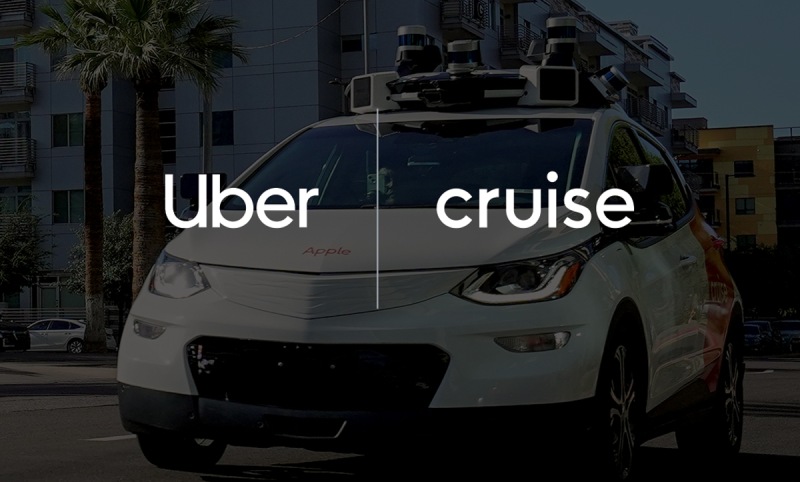
General Motors’ Cruise and Uber Technologies have agreed to a multi-year partnership, under which the troubled autonomous vehicle company intends to provide driverless rides to Uber clients as soon as next year.
Another robotaxi company has joined Uber to provide driverless rides within its app. Uber will offer you the option to travel in one of Cruise’s autonomous vehicles for “qualifying” rides beginning sometime next year. On Thursday, the two companies announced a “multiyear strategic partnership.”
Following an October 2023 incident in which a pedestrian in San Francisco was dragged 20 feet by a driverless Cruise vehicle after she was first struck by a human driver in another car, Cruise attempts to revive its robotaxi business with the announcement on Thursday.
The incident, which resulted in significant layoffs and the departure of Cruise executives, including CEO and co-founder Kyle Vogt, has been the subject of investigations by state and federal regulators.
In a press release, CEOs of Cruise and Uber, Marc Whitten and Dara Khosrowshahi, praised the partnership and emphasized that they believe autonomous vehicles can be used safely.
Uber previously announced a long-term partnership with Aurora, a driverless truck company, and partnered with Waymo for autonomous rides earlier this year. Before Motional halted its robotaxi deployments in May, it also offered driverless rides with Motional. The original date for Elon Musk’s event revealing Tesla’s robotaxi developments passed a few weeks ago, but it is now scheduled for October 10.
In October, a Cruise car dragged a pedestrian, and Cruise shut down its robotaxi service. The company recently returned autonomous vehicles with safety drivers to the road. According to Cruise spokesperson Tiffany Testo, the launch of its partnership with Uber will occur following Cruise’s return of its driverless ride-hailing service.
Uber and Cruise did not specify which cities the service might be available in their press release; however, Testo states that customers can “expect” it to launch in one of the cities where it is conducting supervised testing: Phoenix, Dallas, and Houston.
Waymo, Cruise competitor, said this week that it is already providing 100,000 paid robotaxi rides per week in the cities in the United States where it operates commercially: Los Angeles, Phoenix, and San Francisco Additionally, the company is testing in Austin, Texas, and intends to expand its service there.
This isn’t the first time GM has collaborated with a ride-hailing company. GM put $500 million into Lyft in mid-2016, with plans to ultimately develop a fleet of autonomous vehicles that could be called utilizing Lyft’s mobile app. Because GM decided to launch its own vehicles and network through Cruise, that never happened.
Despite the announcement on Thursday, a Cruise spokesperson stated that the company is still focused on relaunching its own driverless ride-hailing service and app.
Cruise is currently directing managed autonomous vehicle testing with a safety driver in Phoenix, Dallas, and Houston.
-

 Business4 weeks ago
Business4 weeks agoHow to fill MSME Form 1? Step-by-Step Guide
-
Business4 weeks ago
From Marine to Chief: The Leadership Journey of Sean Mannix
-

 Gadget4 weeks ago
Gadget4 weeks agoAfter Grand Success on BLDC Ceiling Fan, Eff4 Is Launching Smart Bulb
-

 Festivals & Events4 weeks ago
Festivals & Events4 weeks agoGoogle Celebrates Cherry Blossom Season with Animated Doodle
-

 Business2 weeks ago
Business2 weeks agoPrakash and Kamal Hinduja: Driving Social and Environmental Change
-
Education3 weeks ago
Fred DuVal: University Leadership as a Critical Resource for Climate Change Research and Life-Saving Solutions
-

 Sports4 weeks ago
Sports4 weeks ago2025 NASCAR Craftsman Truck Series Baptist Health 200 at Homestead-Miami Speedway: Race Preview, Prediction, Schedule, Entry List, Drivers to Watch and How to Watch
-

 Health2 weeks ago
Health2 weeks agoThe Hinduja Brothers Commitment to Global Health: Empowering Communities Across Borders

